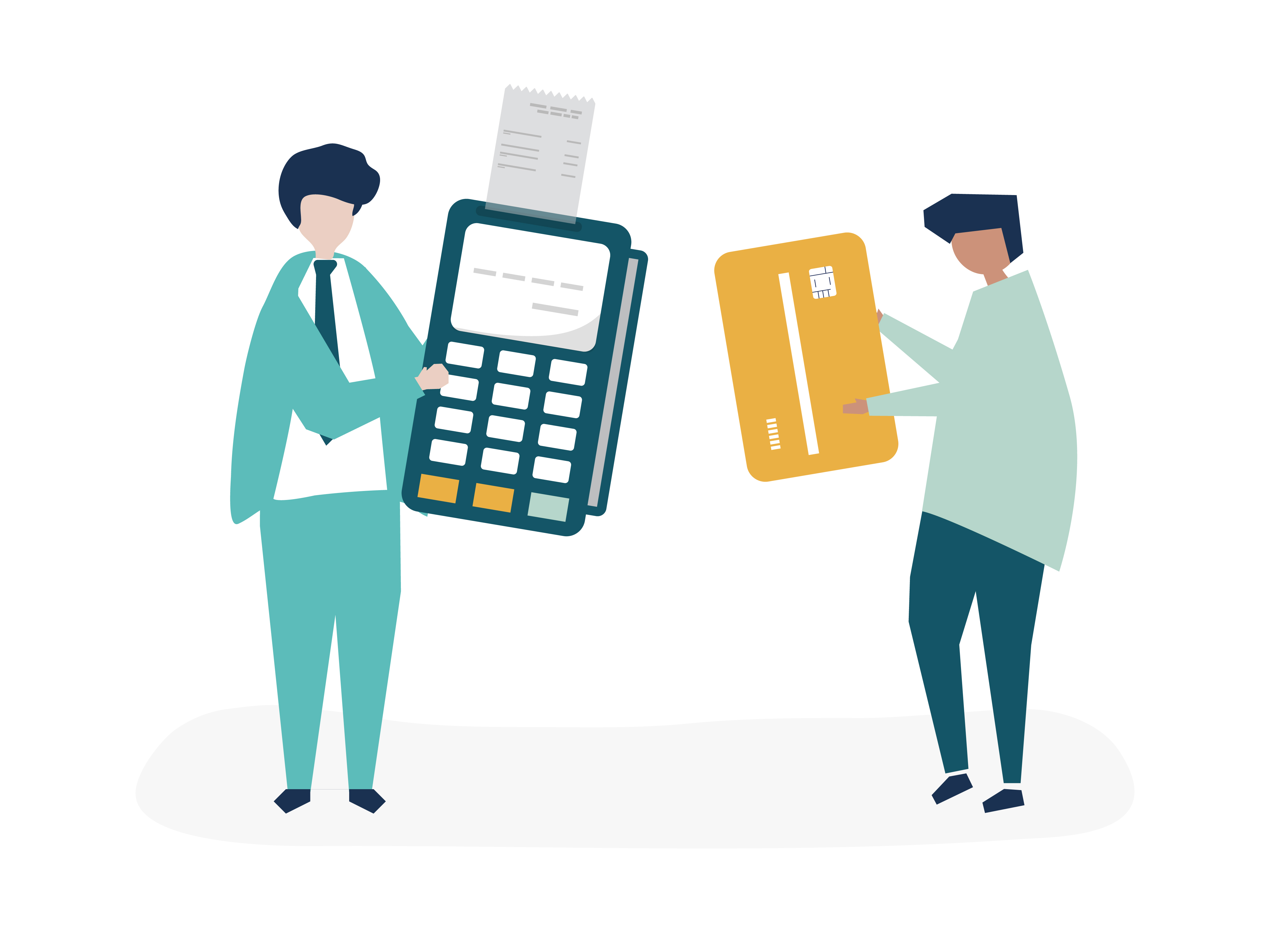
Documentary evidence, such as an invoice or memo, should support the occurrence. A voucher or source document is the record that attests to the event. Some economic occurrences can’t be categorized as business transactions that take place during the normal course of a business.
Limitations of ITC on RCM
Payment in a credit transaction is made after a predetermined period, also known as the credit period, like Mary, who wants to purchase a couch from a furniture store. The shop accepts payments up to 30 days after the sale rather than at the time of purchase. Mary will be required to pay for the couch once the 30-day credit period has passed, even though no money is exchanged at the time of the sale.
Examples of Business Transactions
Cash Purchases involve buying goods or services and paying immediately in cash. Examples of cash transactions include the purchase of furniture for cash, the sale of merchandise for cash, and making a payment to a creditor by check. Pending transactions are those that have been made but aren’t posted to your account. These include payments, purchases, pre-authorized debits, and any other related transactions. Purchases made with a debit or credit card are held for a certain period of time before they work their way through the electronic system from your bank to the recipients. Posting a transaction to a credit card account moves it from the pending category.
Step 1 of 3
- Like the jus gentium of early Roman days, the law merchant was different from the existing ordinary rules that varied from place to place.
- Assets are everything that your company owns, including money, machinery, property, buildings, land, inventory, and business bank accounts receivable.
- In conclusion, business transactions form the foundation of any business’s financial operations and are pivotal for accurate financial record-keeping and reporting.
- To learn more, check out this article which provides a detailed definition of business transactions.
- The two different types of business transactions in accounting are listed below.
Companies also prepare their balance sheets to know their assets, liabilities, and equity. Going back to the pastry company example, when the company buys sugar to make the macarons, a purchase transaction occurs and is recorded in the company’s financial books. The grocer offers to sell you a bag of rice for $1.99 and you agree to purchase it by checking out. Ahead, you’ll learn what business transactions are and how they’re recorded in the company’s books. RCM transactions must be reported under outward supplies in GSTR-1, even though the recipient pays the GST.
Only those events will be given the status of a transaction which can be measured in terms of money and which change the financial position of the business. In the Middle Ages the Christian church attempted to enforce certain moral commands adverse to commercial transactions. The taking of interest for loans of money was considered income without true work and therefore sinful and prohibited. Although both rules, and especially the former, influenced the law and the economy for centuries, neither of them finally prevailed in the secular world. Another important rule, also of maritime character, arose in connection with the maritime loan that developed in Athens. The loan would be secured by ship and cargo, but repayment of the capital and payment of interest were conditional on the ship’s safe return.
This maintains the balance of your accounting equation, so you are aware that if it is out of balance, your bookkeeping is incorrect. When creating your financial statements, you’ll use the data produced by these entries. These assertions provide information about your company’s profitability and suggest future financial priorities. Your business needs to balance its assets and liabilities to operate effectively. When you examine an accounting transaction, you’re figuring out how it changes the fundamental accounting equation. The balance sheet of your business must always show a balance between the two sides of this equation.

The two different types of business transactions in accounting are listed below. A business transaction is an interaction in the real world where something is exchanged, typically between an enterprise and a person or another enterprise. For instance, it might entail exchanging cash, goods, knowledge, or service requests. To keep track of what happened, some bookkeeping is typically needed.
This is also a credit transaction because you have not received the payment in cash at the time of sale of goods to Mr. Sam. A xero accounting software review 2021 in which cash is paid or received immediately at the time when transaction occurs is known as cash transaction. For example, you sell some goods to Mr. John for $50 and Mr. John immediately pays $50 cash for the goods purchased.
Additionally, he or she must verify that the transaction is properly supported by one or more acceptable source documents. A source document is a document that provides basic information needed to record a transaction in the journal. In accounting, the business transaction (also known as financial transaction) is an event that must be measurable in terms of money and that essentially impacts the financial position of the business. For example, suppose, you run a merchandising business and you sell some goods to a customer for $500 cash.
Business transactions are typically formal and often involve legal documentation and contracts, conducted with the intention of generating profit and sustaining business operations. They usually involve businesses or entities such as companies and organizations, though individuals acting in a professional capacity may also be involved. These transactions tend to be more complex, involving multiple steps and considerations like negotiations and regulatory compliance. Detailed records are maintained for accounting, auditing, and tax purposes, with transactions documented in financial statements. Business transactions can be recurring, like monthly sales or regular purchases, or one-time large-scale deals such as mergers and acquisitions. Examples include the sale of goods or services by a business, purchase of inventory or equipment, loans, investments, and leases, and mergers and acquisitions.